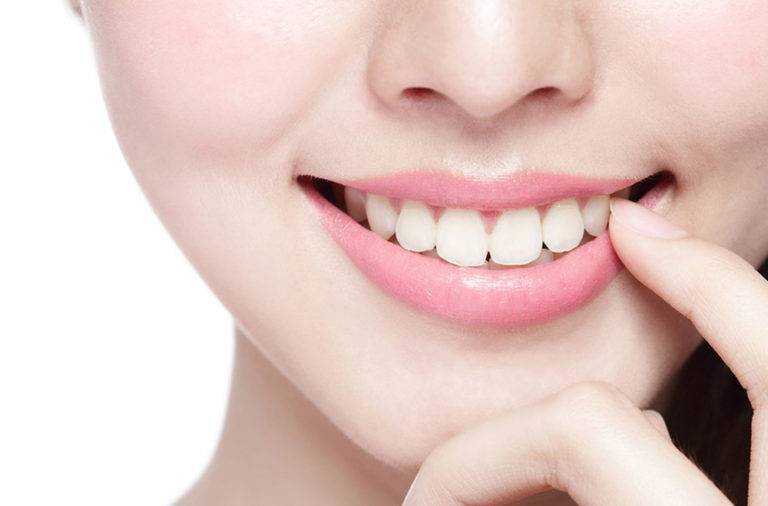Introduction
A bright smile isn’t just about appearance—it’s a reflection of good oral health. Proper dental hygiene helps prevent cavities, gum disease, bad breath, and even serious health conditions linked to poor oral care. With the right habits, anyone can maintain strong teeth and a confident smile for years to come.
Why Dental Hygiene Matters
Oral hygiene is more than just brushing your teeth. The mouth is home to millions of bacteria, and without proper care, these bacteria can lead to plaque buildup, tooth decay, and infections. Research also shows that poor oral health is connected to heart disease, diabetes, and respiratory problems. Maintaining daily dental hygiene is therefore essential for both oral and overall health.
Essential Dental Hygiene Tips
1. Brush Twice a Day
Dentists recommend brushing at least twice daily—once in the morning and once before bed. Use a fluoride toothpaste and a soft-bristled toothbrush to remove food particles and plaque.
2. Use the Right Brushing Technique
Avoid brushing too hard, as it can damage gums and enamel. Instead, use gentle circular motions for at least two minutes, covering all surfaces of the teeth.
3. Don’t Forget to Floss
Brushing cleans the surface of your teeth, but flossing removes food particles and plaque between teeth where brushes can’t reach. Floss at least once a day to prevent gum disease and cavities.
4. Rinse with Mouthwash
An antibacterial mouthwash helps reduce plaque, freshens breath, and prevents infections. Choose alcohol-free mouthwash if you have sensitive gums.
5. Stay Hydrated
Drinking water throughout the day helps wash away food particles and bacteria. It also promotes saliva production, which protects teeth from decay.
6. Eat a Tooth-Friendly Diet
Your diet plays a huge role in dental health.
- Limit sugary snacks and soft drinks (which cause cavities).
- Eat calcium-rich foods like milk, cheese, and yogurt for strong teeth.
- Include crunchy fruits and vegetables such as apples and carrots, which naturally clean teeth.
7. Replace Your Toothbrush Regularly
A toothbrush should be replaced every 3–4 months or sooner if the bristles are frayed. Using an old toothbrush is less effective in cleaning and may harbor bacteria.
8. Avoid Tobacco and Limit Alcohol
Smoking and chewing tobacco stain teeth, weaken gums, and increase the risk of oral cancer. Excessive alcohol can also harm the mouth’s protective tissues.
9. Visit Your Dentist Regularly
Routine dental check-ups (at least twice a year) are crucial. Dentists can spot early signs of decay, clean plaque buildup, and provide professional advice tailored to your needs.
10. Use Whitening Products Wisely
If you want a brighter smile, consult your dentist before using whitening products. Over-the-counter kits may work, but professional treatments are safer and more effective.
Daily Dental Care Checklist
| Task | Frequency | Purpose |
|---|---|---|
| Brushing | Twice a day | Removes food, plaque, and bacteria |
| Flossing | Once a day | Cleans between teeth |
| Mouthwash | Once a day | Freshens breath, fights bacteria |
| Dental Check-up | Every 6 months | Prevents and treats oral problems |
| Toothbrush Replacement | Every 3–4 months | Ensures effective cleaning |
Conclusion
A brighter and healthier smile starts with consistent dental hygiene. Simple steps like brushing, flossing, eating a balanced diet, and visiting the dentist regularly go a long way in protecting teeth and gums. By making these practices part of your daily routine, you not only maintain a confident smile but also support your overall health.

